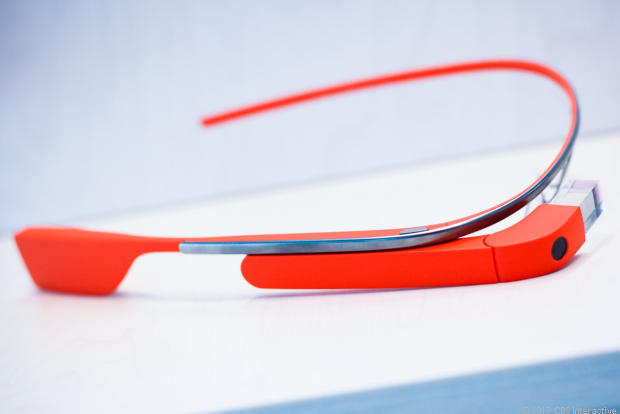The Google Glass Project: What did we learn?

Google is ending sales of Google Glass under its Explorer program and insists that the project will resurface in an independent unit. Was Google Glass a success or failure?
Time will tell, but if you were expecting Google Glass to be a product for the masses the project failed. Sales end Jan. 19. But if you wanted to learn what developers would do with a hardware platform perhaps the project was worth it. Unfortunately, developers socked $1,500 a pop to play with Google Glass.

Whether Google Glass was a success or failure largely depends on what we've learned. Here are a few lessons from the Google Glass project.
Fashion matters. Google Glass was cool for a bit in certain locales such as the Bay Area. Outside of tech-ville, Google Glass seemed interesting for a bit. Over time, Google Glass explorers were deemed Glassholes. Google Glass was built for engineers by engineers. Deals with eyeglass designers didn't move beyond experimental.
Technology needs to blend in the background and be embedded. One reason Glassholes emerged is because Google Glass was a device that bonked you over the head. You might as well have been wearing a helmet around. The future of wearables is making everything smart and getting out of the way. Google Glass still may have a future embedded in prescription lenses.
You need to move beyond what a smartphone would do. Google Glass largely depended on the smartphone for everything. Is there really a benefit reading texts in an eyeglass frame? Google Glass was the first wearable to make it clear that a newfangled device has to make its own way. Smart watches have the same issue. Smart watches do to much and nothing useful all at the same time. If Apple doesn't make a smart watch will, the category as it currently stands may just flop completely.
Enterprise may lead the smart eyewear category. Some of the most interesting use cases for Google Glass revolved around health care, manufacturing and other industries. Explorers did some neat things, but in the end couldn't come up with a killer app beyond taking pictures.
Open betas for hardware may not work. Although Google Glass was Android based what the search giant really needed help with was form factor. It recruited a bunch of software developers to lead the charge in a device that was lacking. An open beta could have revolved around hardware. Now that Tony Fadell of Nest is overseeing the unit perhaps Google realizes that hardware by a crowd may have its limits.
Google may not know hardware. Google is a cloud, search and advertising company. Following Glass and the sale of Motorola to Lenovo it's possible that Google doesn't have hardware in its DNA. Google acquired Nest, but it's unclear whether the company can develop a hardware hit on its own.
What lessons have I missed?